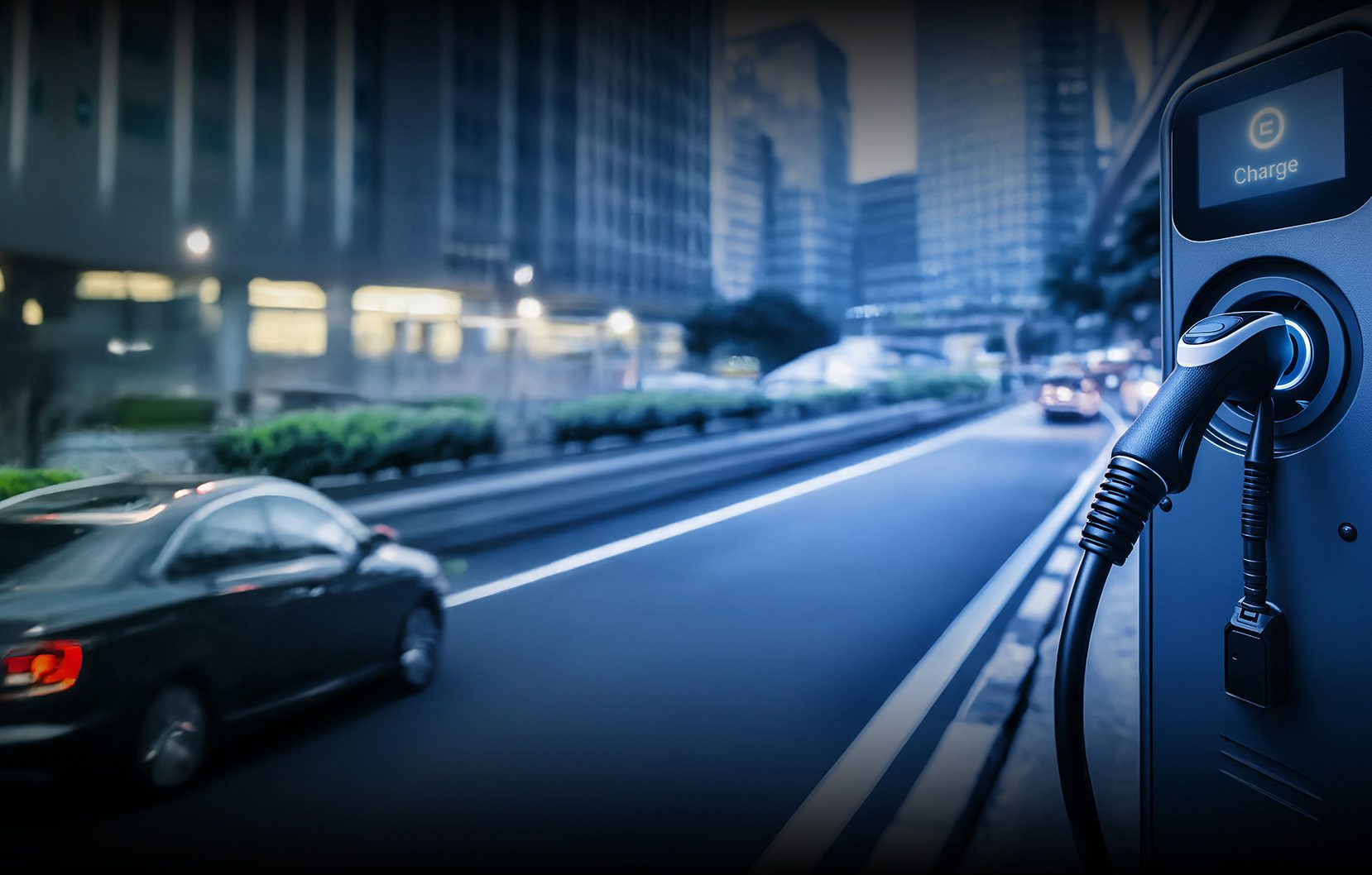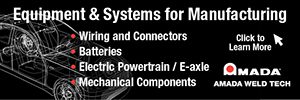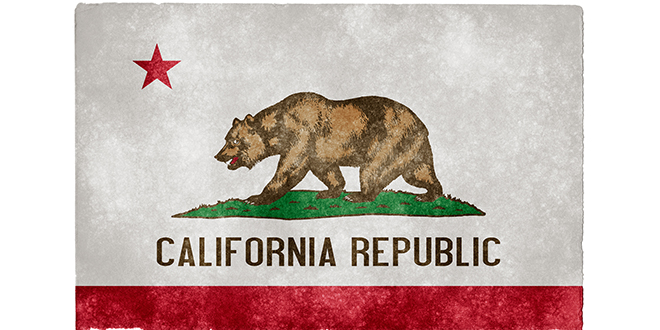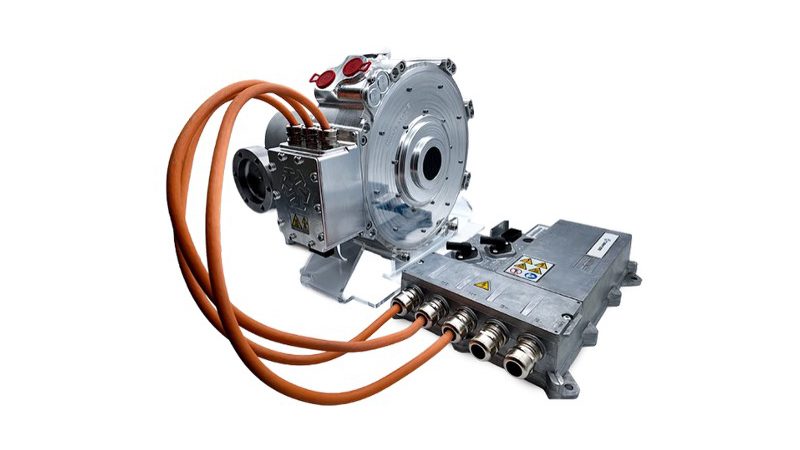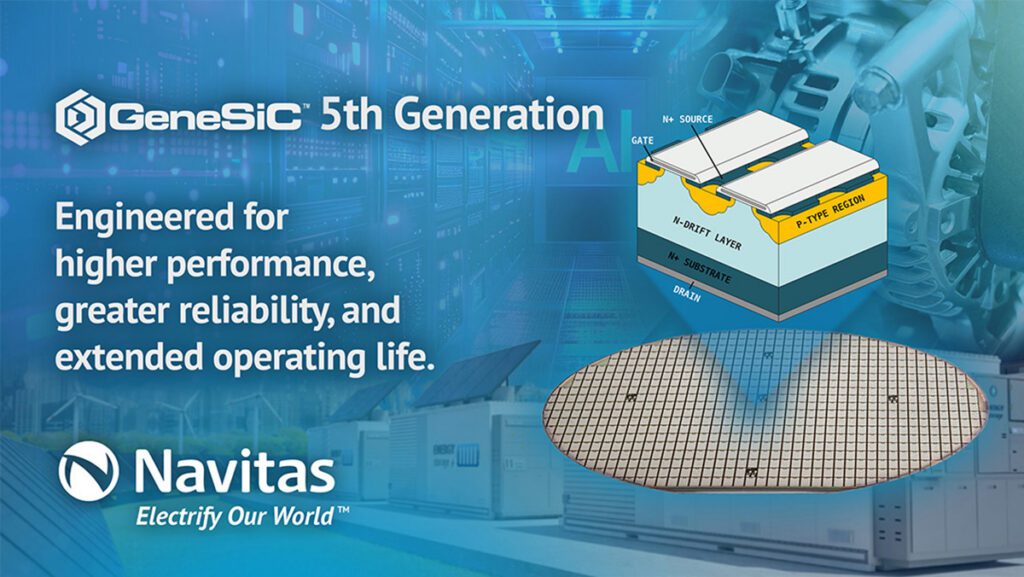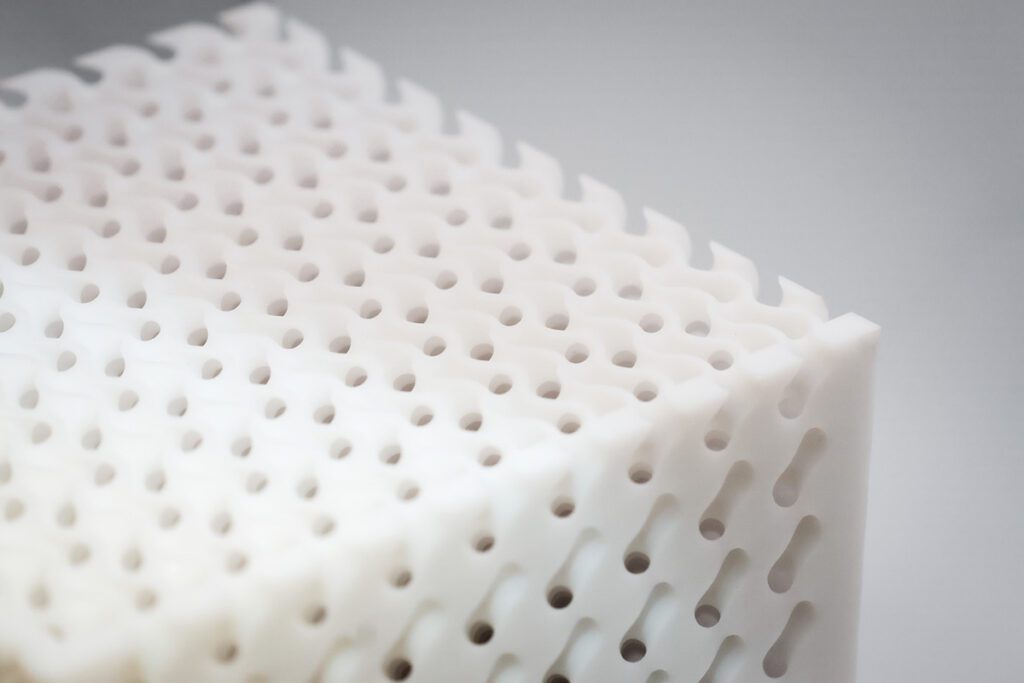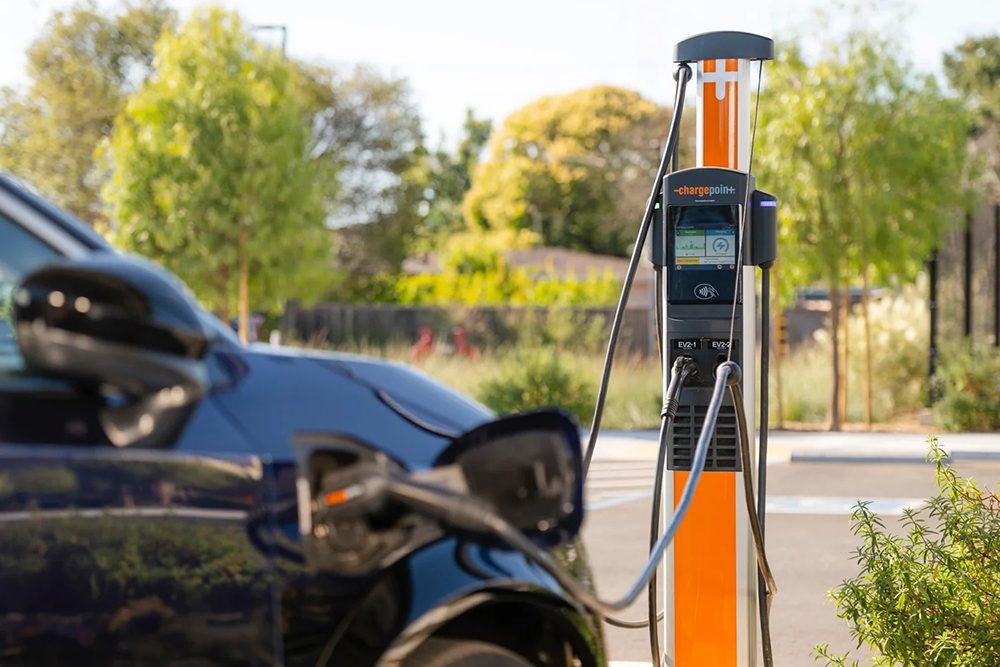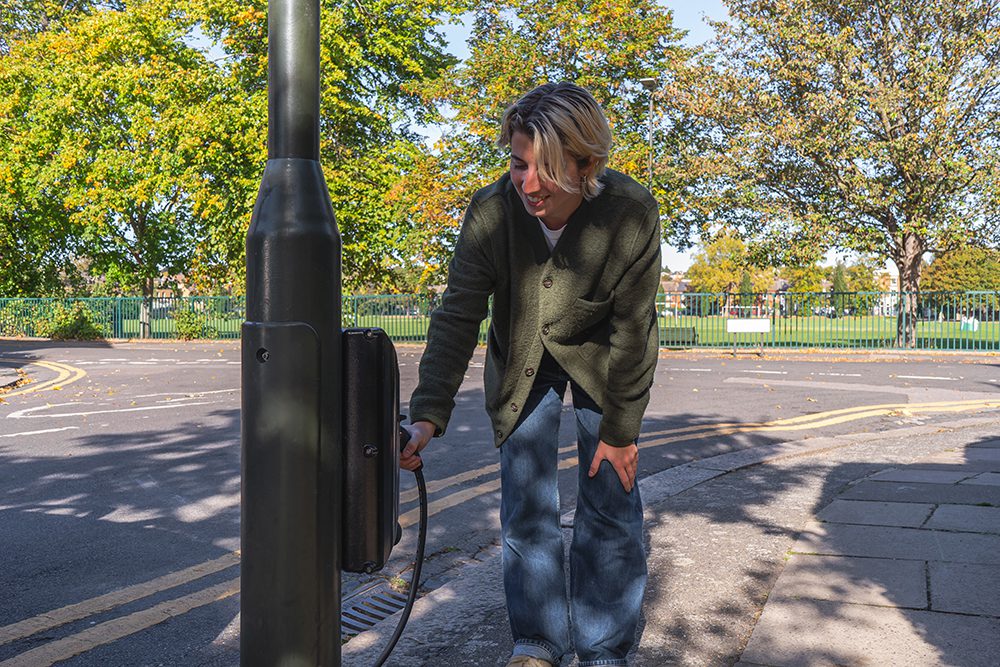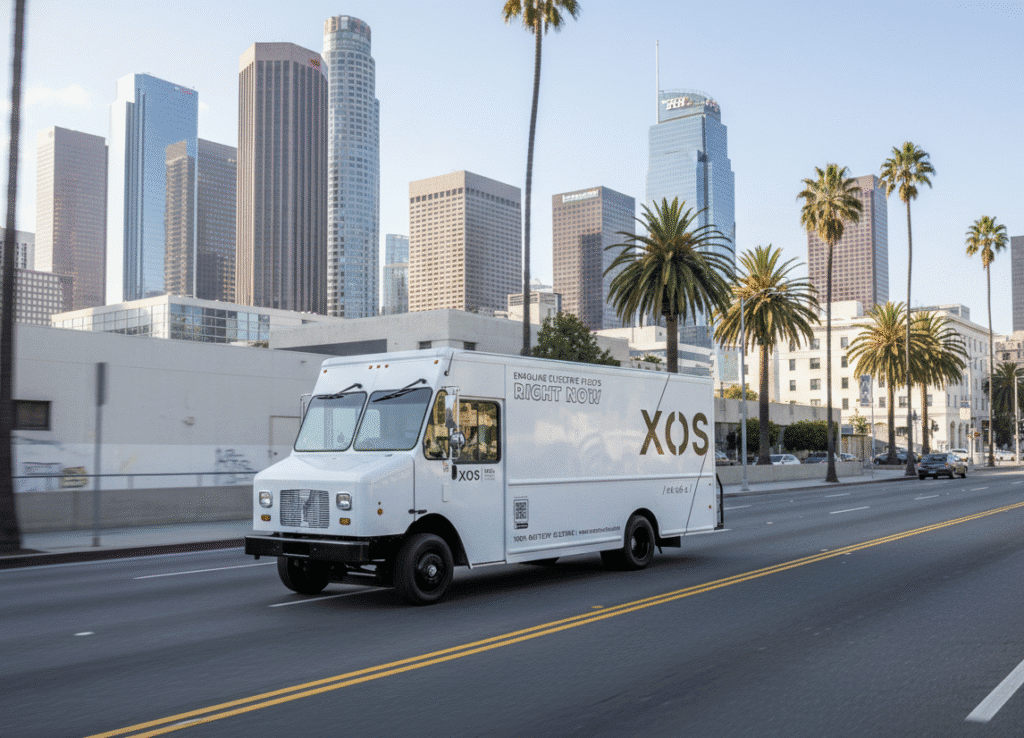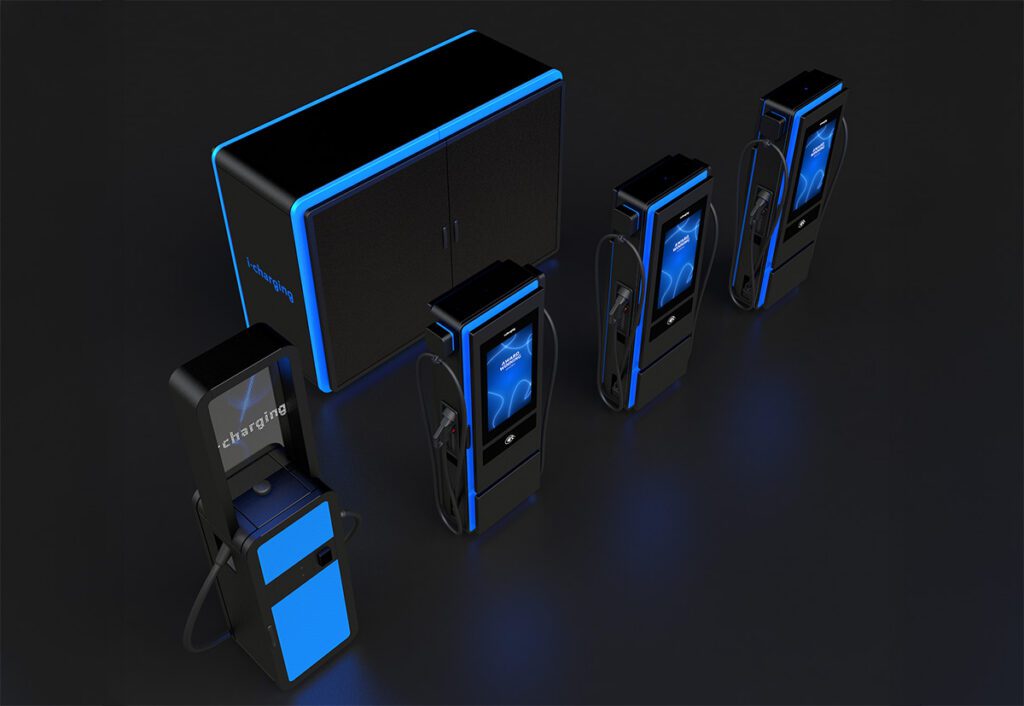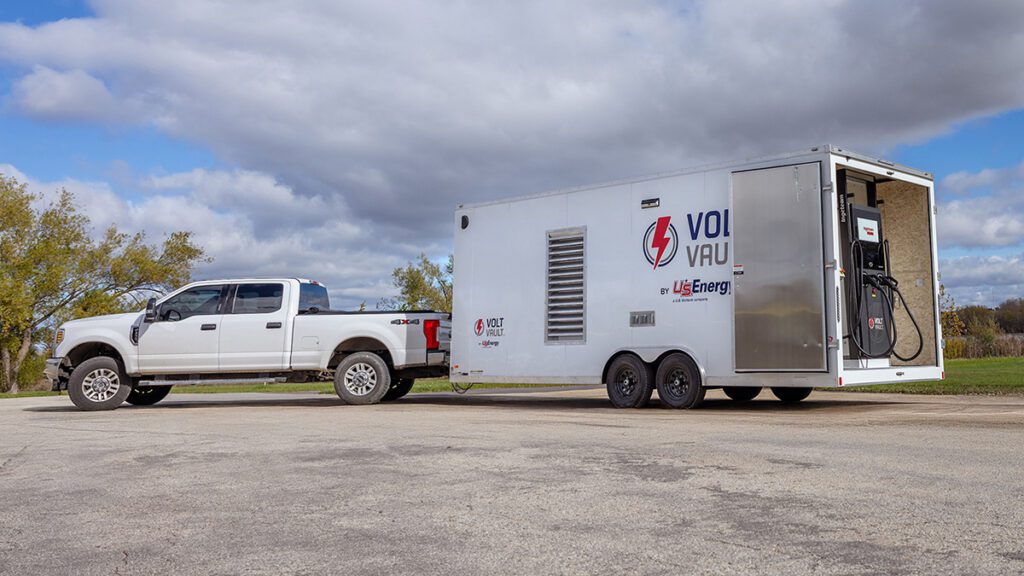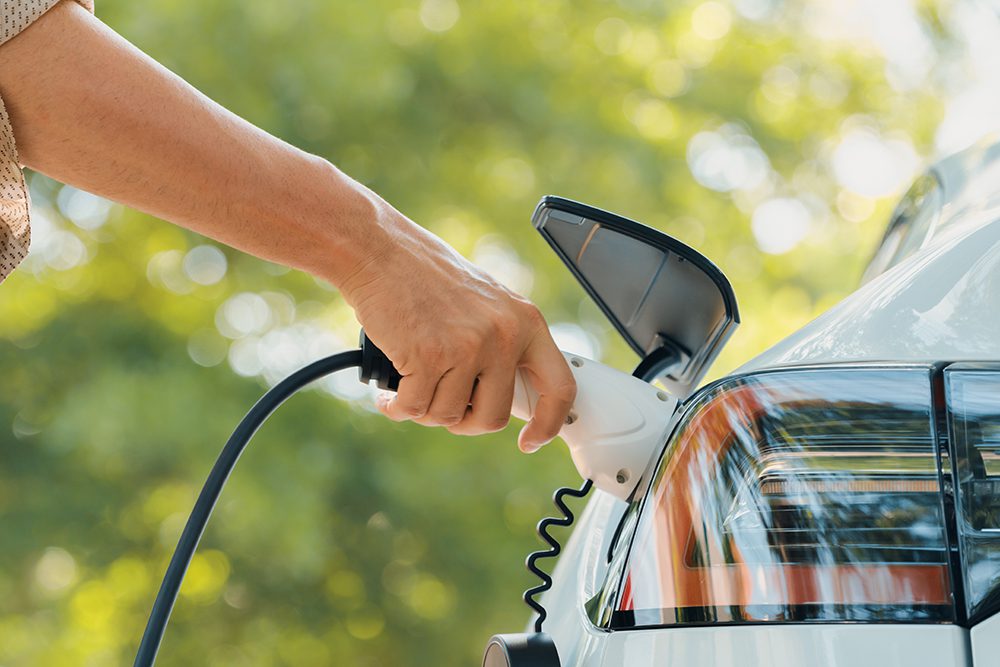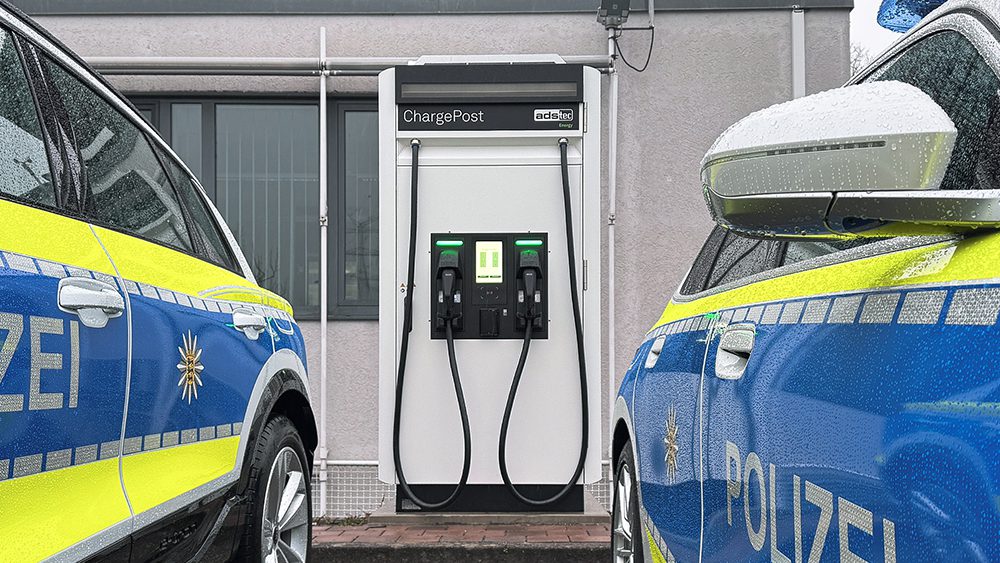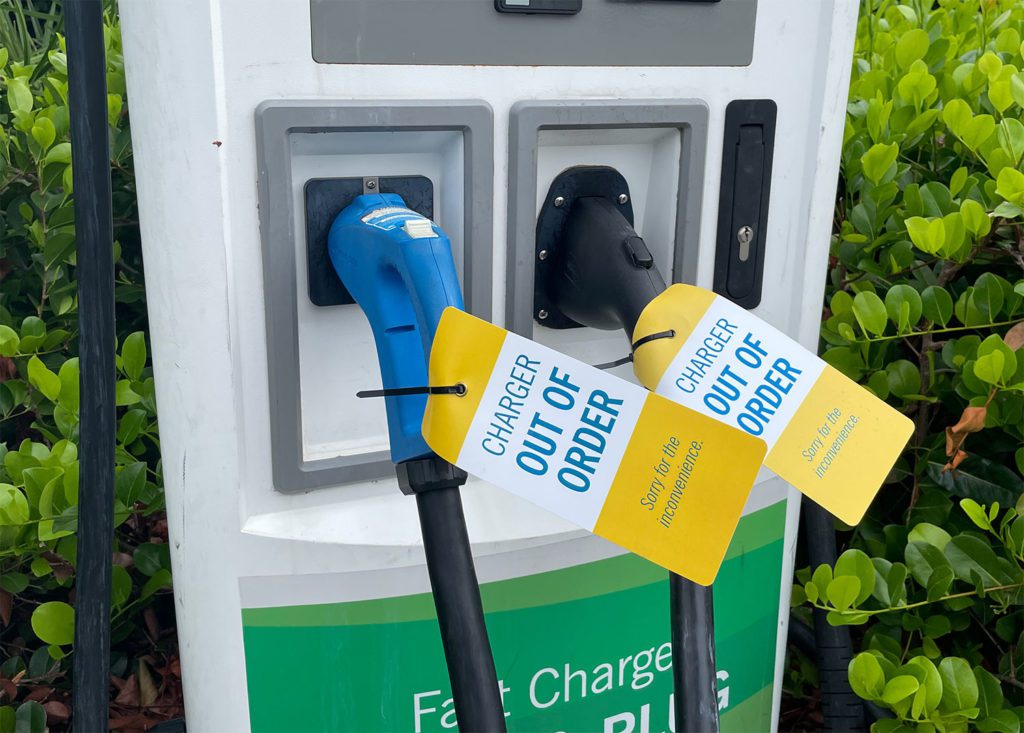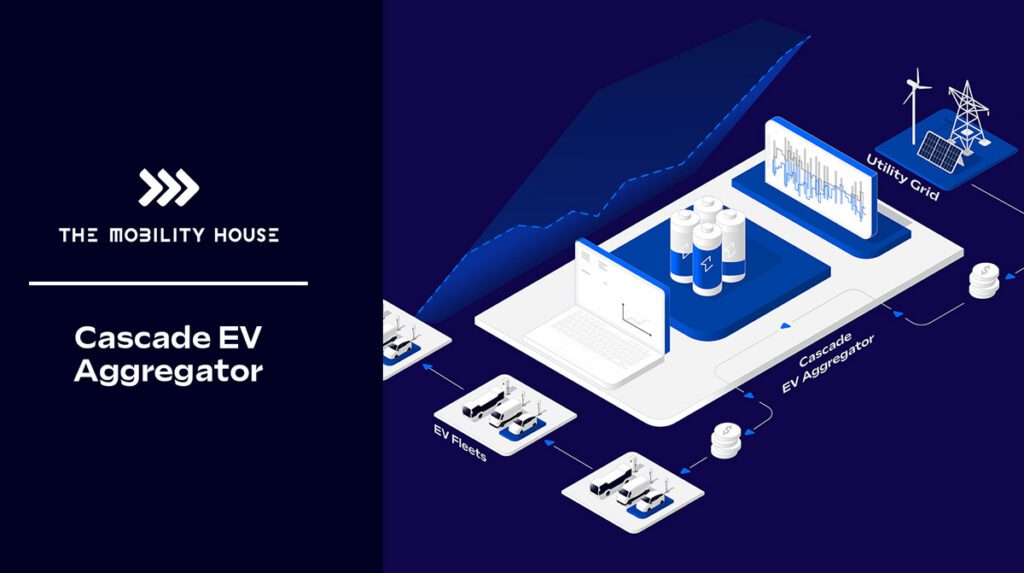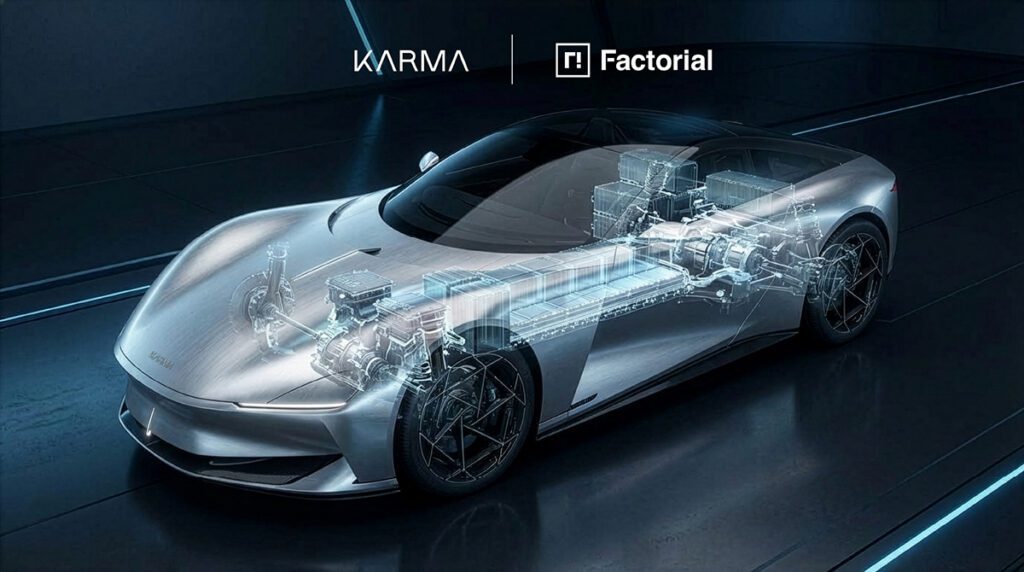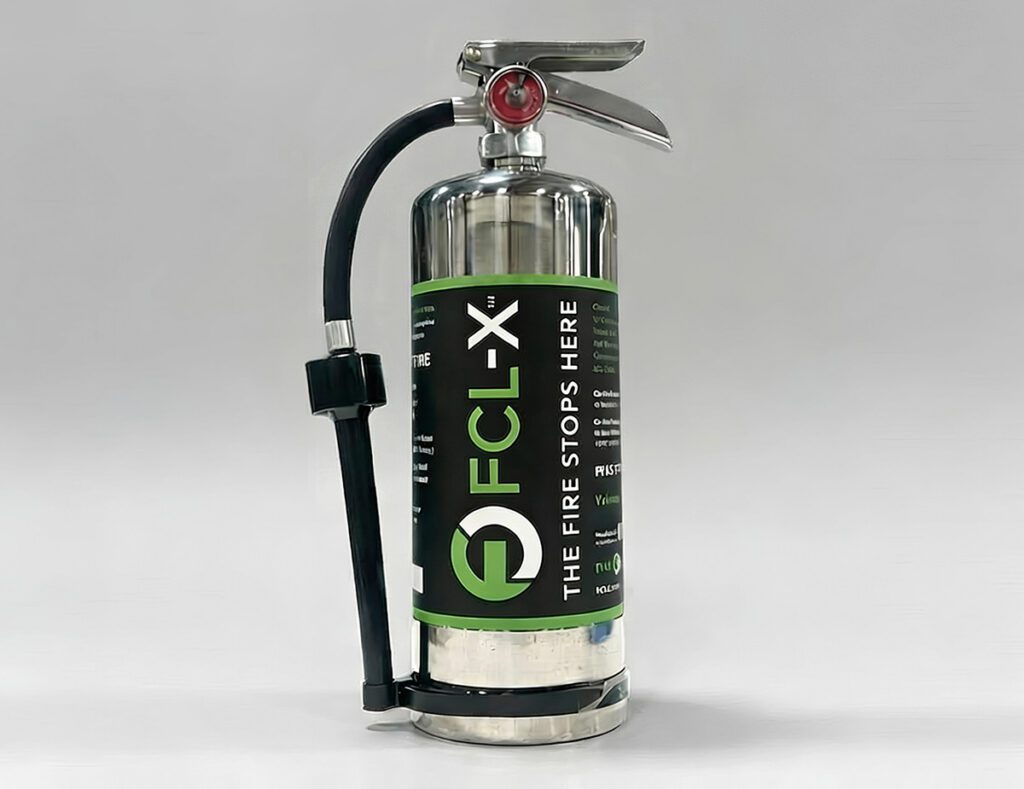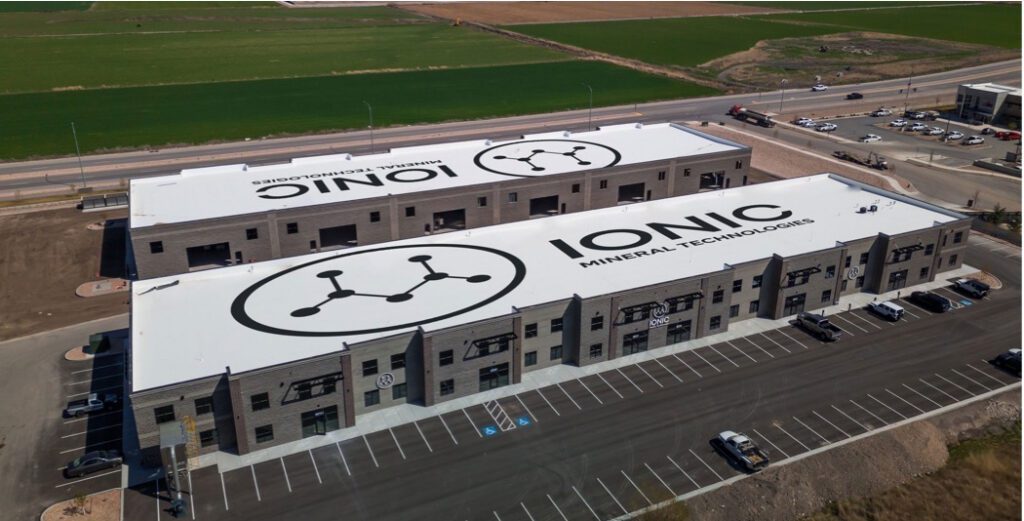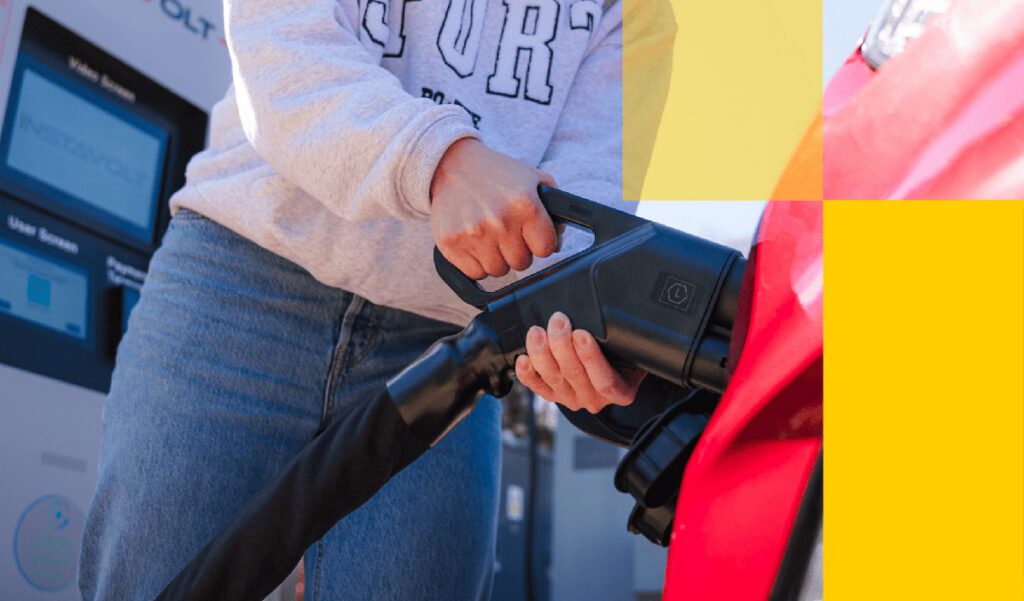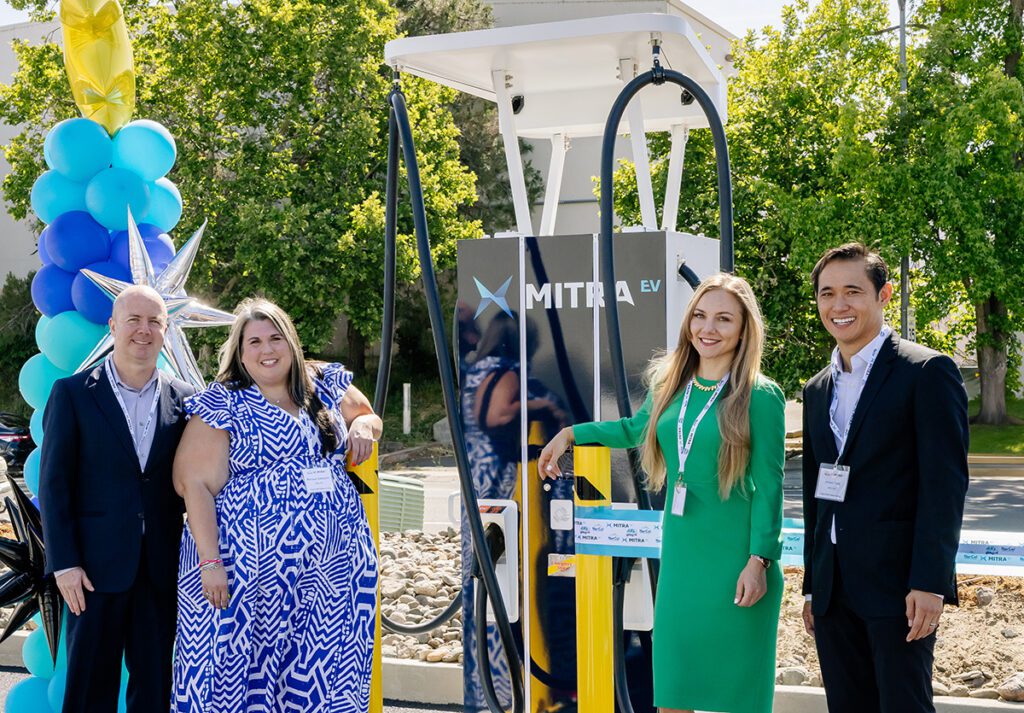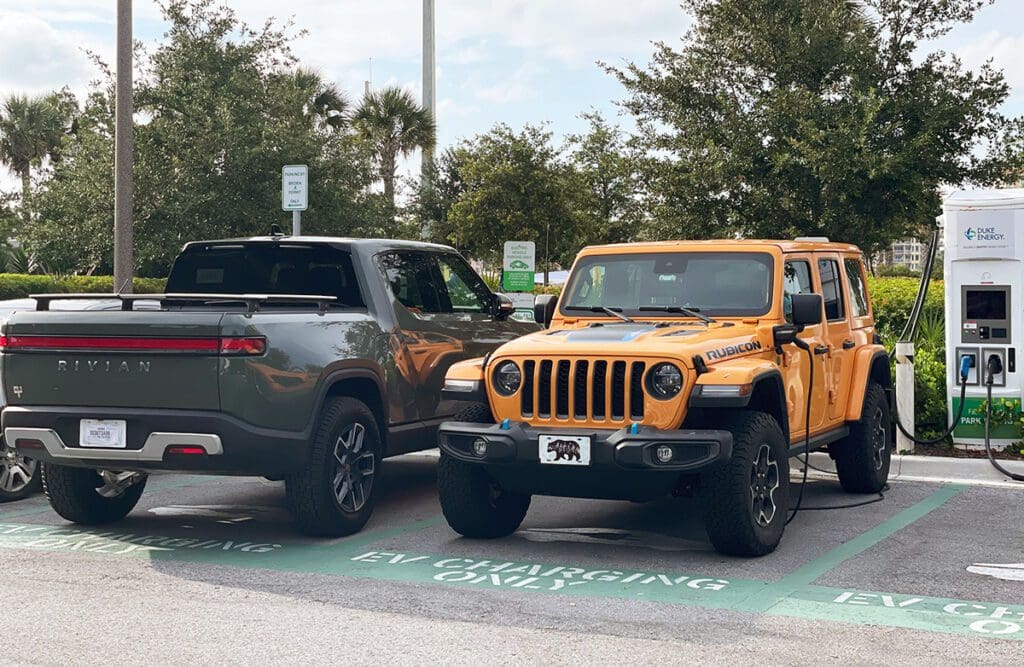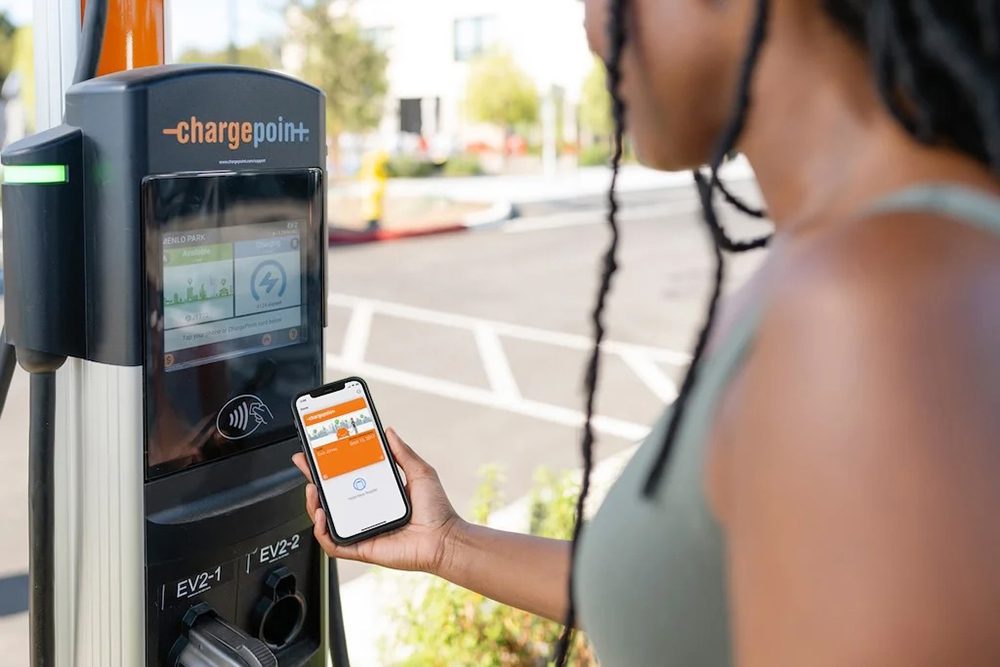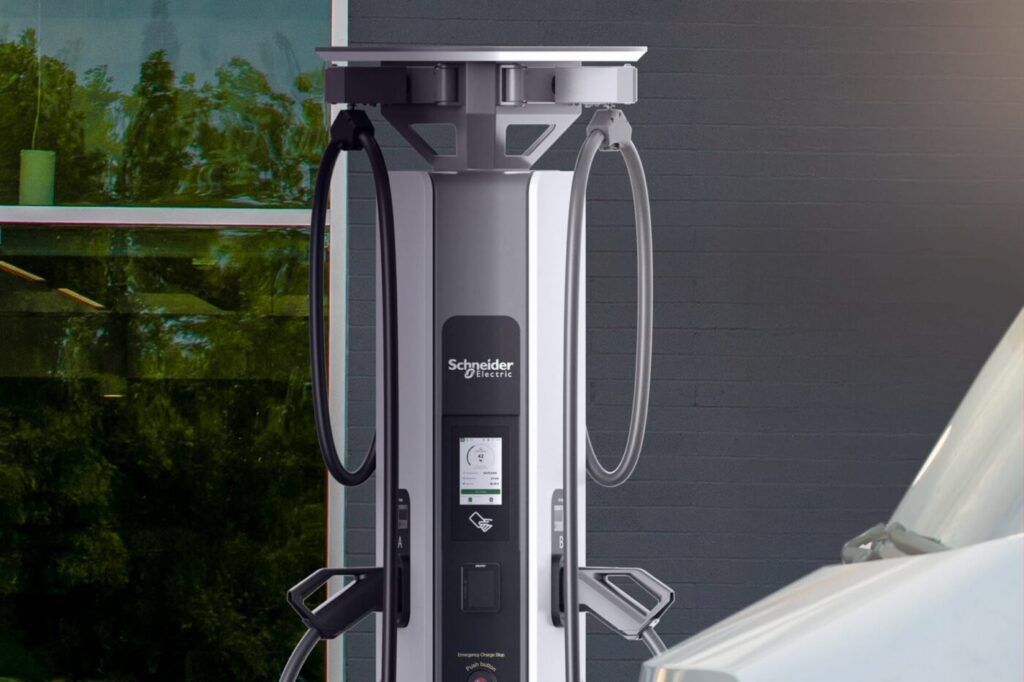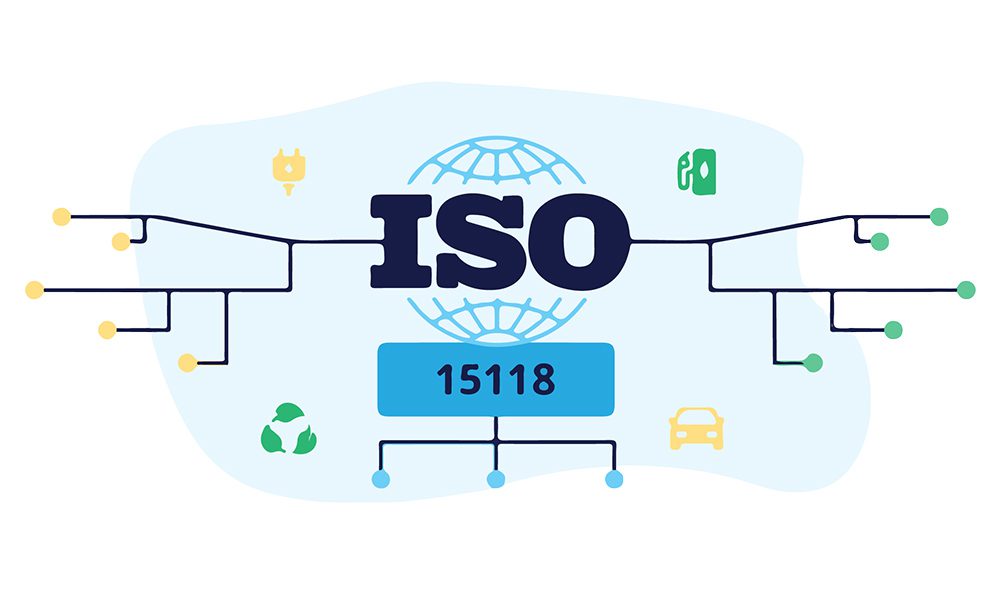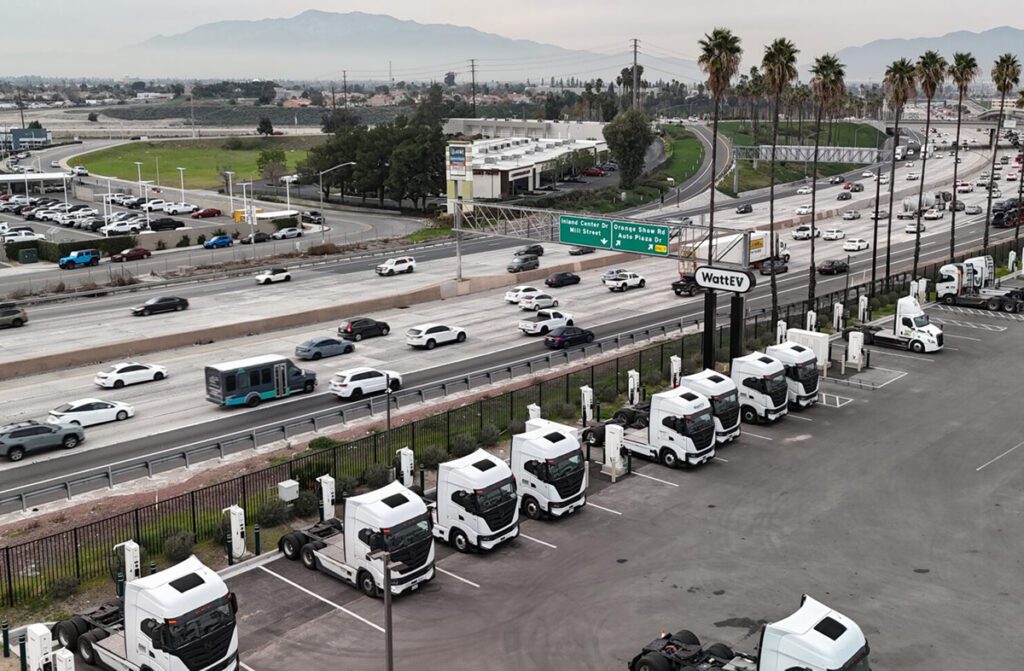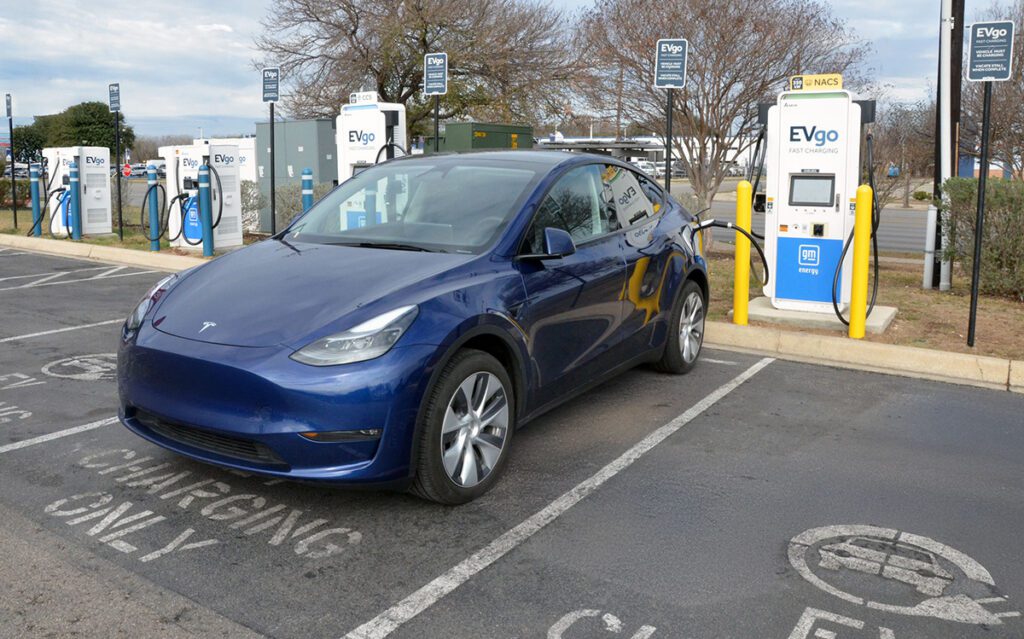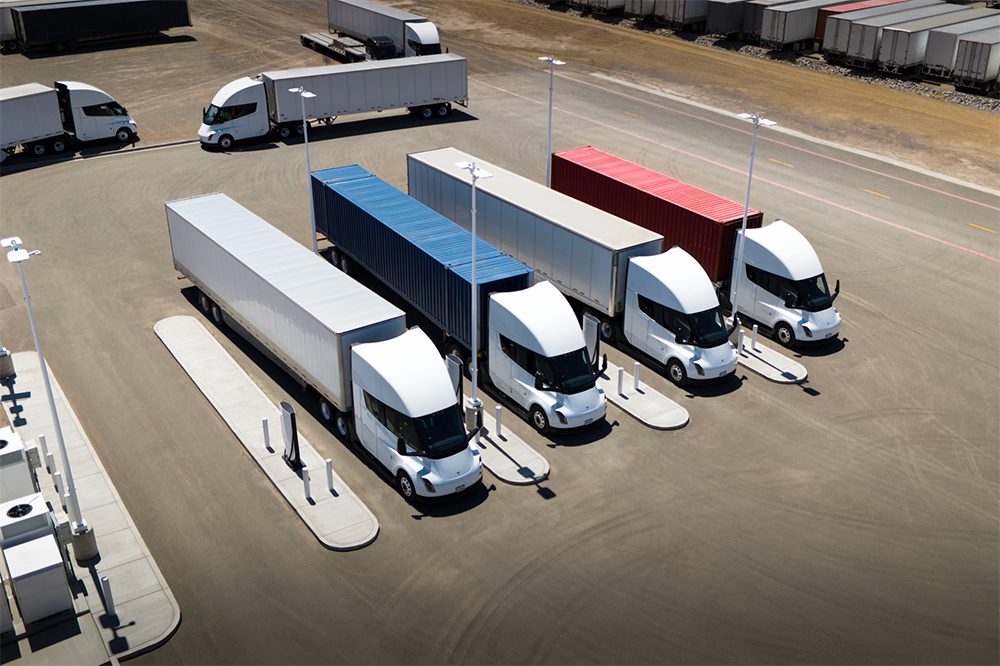In a setback for the Trump administration’s campaign of sweeping away environmental regulations, four automakers have forged a deal with California that imposes only a moderate relaxation of the Obama-era federal fuel economy standards, rather than the radical rollback requested by the Republican regime.
Regular Charged readers will be familiar with the story so far: global automakers asked the administration to water down previously-agreed federal regulations; Washington zealously complied, setting up a showdown with California, which refused to give up its stricter standards; automakers, fearing a lengthy period of litigation and uncertainty, changed their minds and said the administration had gone too far.
Now the California Air Resources Board (CARB), after weeks of secret negotiations, has struck a compromise with Ford, Honda, Volkswagen and BMW (as reported by the Washington Post). Under the new deal, the automakers will strive for fleet average fuel economy of around 50 mpg by model year 2026, one year later than the previously-agreed target (Trump’s plan would freeze the standards at around 37 mpg). California will also allow the automakers to improve their fleets’ efficiency by 3.7 percent per year, compared to 4.7 percent under the previous arrangement.
“These terms will provide our companies much-needed regulatory certainty by allowing us to meet both federal and state requirements with a single national fleet, avoiding a patchwork of regulations while continuing to ensure meaningful greenhouse gas emissions reductions,” said the four automakers in a joint statement.
CARB head Mary D. Nichols sees the agreement as an “olive branch” to the administration, which she hopes will join the deal. “What we have here is a statement of principles intended to reach out to the federal government to move them off the track that they seem to be on and onto a more constructive track,” she said.
Administration officials immediately rejected the new deal and said they planned to proceed with their regulatory rollback. “This voluntary framework is a PR stunt that does nothing to further the one national standard that will provide certainty and relief for American consumers,” said EPA spokesman Michael Abboud.
The four automakers have promised to inprove their fleets’ fuel efficiency regardless of what the White House decides. Canada recently announced that it would follow California’s lead, and several of the 13 other states that currently follow California’s standards have indicated that they will resist the federal rollback.
This is undoubtedly a victory for clean-air advocates, but the battle is far from won. The four companies that signed the pact represent only 30 percent of the US auto market, and one of them (VW) has already announced significant investments in electrification. It remains to be seen what other automakers will do. Fiat Chrysler, a longtime electro-laggard, said, “We look forward to reviewing the details of this agreement, as well as the federal rule later this year.” The Post reported that GM spokeswoman Jeannine Ginivan said her company was committed to finding a compromise “that includes the administration,” an outcome that said administration has already rejected.
Furthermore, the administration recently froze fines for non-compliance with federal standards, a decision that the Alliance of Automobile Manufacturers praised. However much automakers say they want to comply with emissions standards, they always have the option of paying modest fines and/or purchasing emissions credits from Tesla rather than selling more fuel-efficient models, as Fiat Chrysler and others have been doing for years.
They certainly have strong incentives to do so. According to the Alliance of Automobile Manufacturers, gas-guzzling SUVs, vans and pickups accounted for 69 percent of the US auto market in 2018. The three top-selling pickups alone represented 11.6 percent of sales, compared with 1.9 percent for hybrids and 1.2 percent for pure EVs.
Source: Washington Post, Reuters

